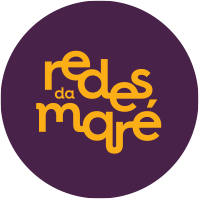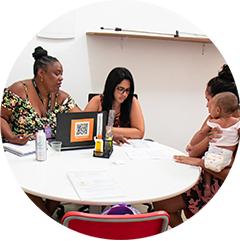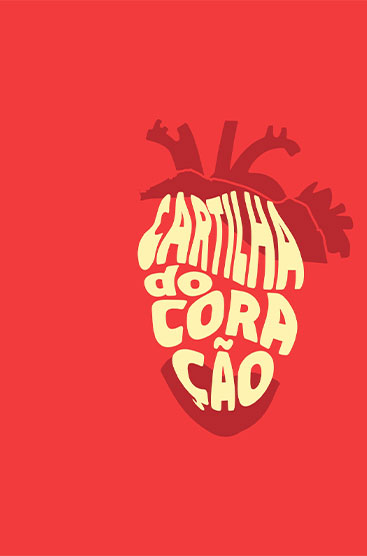- ABOUT US
- ABOUT US
- AXES AND PROJECTS
- AXES, CAMPAIGNS AND PROJECTS
-
PUBLICATIONS
- SEE ALL PUBLICATIONS »
- Redes da Maré's Analysis
- Bulletin The Right to Public Security in Maré
- Bulletin Health Connection: Eyes on Corona
- Researches
- Books
- Editais
- Guides
- Census Maré
- Annual Reports
- Other Reports
- Transparency
- SEE ARTICLES AND COLUMNS »
- Redes da Maré's Notes
- Testemunhos de dentro
- Eliana Sousa Silva's Articles
- Invited Authors Articles
- Columns and Interviews
- Column Who Makes Redes
- Maré Says NO to Coronavirus Campaign
- MARÉ DE NOTÍCIAS
- NEWSLETTERS
- REDES CHANNEL
- PUBLICATIONS
- TRANSPARENCY
- CONTACT
- PORTUGUÊS
- DONATE NOW!














.jpg)
.jpg)
.jpg)
.jpg)
.jpg)
.jpg)





.jpg)
.jpg)
.jpg)
.jpg)
.jpg)
.jpg)
.jpg)
.jpg)
.jpg)
.jpg)
.jpg)
.jpg)
.jpg)
.jpg)
.jpg)
.jpg)
.jpg)
.jpg)
.jpg)
.jpg)
.jpg)
.jpg)
.jpg)
.jpg)

